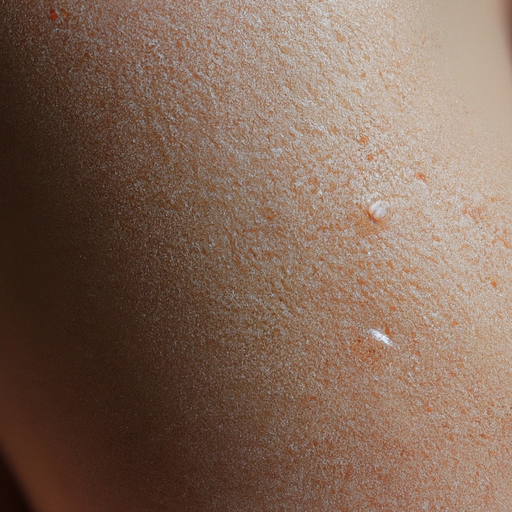As a dermatologist, I understand the struggles of individuals with oily skin. The constant shine, the frequent breakouts, and the seemingly never-ending search for products that can control the oil without over-drying the skin can be frustrating. However, oily skin is not a curse. It just requires a little more attention and care. Here’s my ultimate guide to combat oily skin and unmask your natural radiance.
Firstly, understanding the cause of oily skin is crucial. Our skin naturally produces oil (sebum) to keep it moisturized and healthy. However, when the sebaceous glands produce excess oil, it leads to oily skin. Factors such as genetics, hormonal changes, stress, and environmental conditions can trigger this overproduction.
The first step in managing oily skin is choosing the right skincare products. Avoid harsh soaps and alcohol-based cleansers as they strip your skin of its natural oils, causing your sebaceous glands to produce even more oil. Instead, opt for gentle, oil-free, non-comedogenic cleansers that cleanse your skin without over-drying it.
Exfoliation is another key step in your skincare routine. It helps remove dead skin cells that can clog pores and increase oil production. However, over-exfoliation can irritate your skin and stimulate oil production. Therefore, limit exfoliation to once or twice a week and always use a gentle exfoliator.
Moisturizing is a must for all skin types, including oily skin. Many people with oily skin skip this step thinking it will make their skin oilier. However, when your skin is dehydrated, it compensates by producing more oil. So, always hydrate your skin with an oil-free, non-comedogenic moisturizer after cleansing and exfoliating.
Sun protection is also essential for oily skin. Sun exposure can cause your skin to produce more oil and can lead to breakouts. Always wear a broad-spectrum sunscreen with an SPF of at least 30. Look for sunscreens that are oil-free and non-comedogenic.
Diet also plays a significant role in managing oily skin. Foods high in sugars, fats, and oils can stimulate oil production. Incorporate more fruits, vegetables, and lean proteins into your diet and stay hydrated by drinking plenty of water.
Stress management is another crucial aspect of controlling oily skin. Stress can trigger hormonal changes that increase oil production. Incorporate stress management techniques such as yoga, meditation, or deep-breathing exercises into your daily routine.
Lastly, regular visits to a dermatologist can help manage oily skin effectively. We can provide personalized advice and treatments based on your skin type and condition. Treatments such as chemical peels, microdermabrasion, or laser therapy can help control oil production and improve the overall appearance of your skin.
Remember, oily skin is not a flaw. It’s just a skin type that requires a little extra care. With the right skincare routine, diet, and lifestyle changes, you can control the oiliness and reveal your skin’s natural radiance. Don’t let oily skin mask your glow. Embrace your skin type and let your natural beauty shine through.



